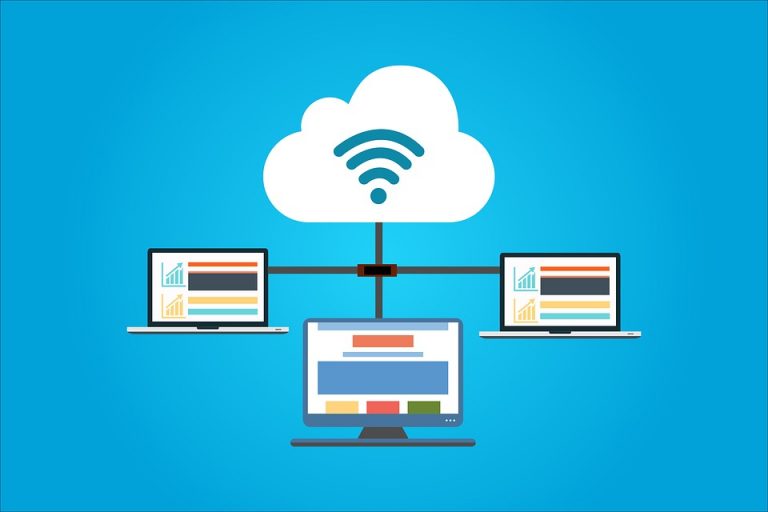Digitalization is a boon, which has helped and solved various issues. However, a new type of threat has also emerged: cyber security. Cyber security Data threats have been rapidly growing globally. People, organizations, and businesses are targeted for crucial information. Therefore, there is an increased demand for data privacy and protection services. Governmental and private organizations hire cyber security specialists to protect their data.
What is Hacking?2
Hacking is an unauthorized act to access digital devices and networks. Hackers are the people who hack into an individual’s or an organization’s digital devices without authorization. They may hack to access or steal personal or financial information, which might be crucial. A hacker may gain access by illegal means bypassing the security of the digital devices.
Types of Hackers 2
There are various types of hackers, but the most common are;
White-Hat Hacker 2
White-hat hackers are ethical hackers hired by organizations to secure their data and network. They assess the security breaches, protect data, and monitor the networks. They only hack into authorized systems and are legal hackers.
Black-Hat Hacker 2
Black-Hat hackers are the unauthorized hackers who get into the systems or devices to steal data. They may steal financial information, make unwanted website changes, post viruses or malware into a network, or delete crucial data. They are often paid to perform such activities.
Ways to Protect Your Data 2
There are various ways to protect data. Some of them have been explained below:
Use Encryption 2
Encryption provides additional security to your data. If a hacker can access your device, encryption would protect your files from being accessed. However, you must use trustworthy encryption services, which provide high security to your data. If you are operating on cloud systems, using cloud PKI for encryption and other data protection services is helpful.
Avoid Public Wi-Fi 2
Public Wi-Fi is not protected and, therefore, more prone to cyber-attacks. Hence, you must never access your personal or financial information while using public Wi-Fi. You should only access your bank information or credit cards on a secured network. If you make purchases using public Wi-Fi, there is a considerable risk that hackers can steal your financial data.
Use Anti-Virus 2
Antivirus protects your computers from any virus attack. They detect and eliminate viruses while saving your device. You must also regularly run a virus scan on your system to ensure its security. Use good antivirus software for better security.
Passwords or Security Key2
You can also protect your digital devices by using passwords or security keys. If you leave your device anywhere or someone tries to access your device, your password would act as a barrier stopping them. Do not keep simple or easy passwords. Use a combination of alphabets, numbers, and symbols for your password. Ensure to protect all your accounts and devices with a password.
Two-factor authentication2
For your bank accounts and personal data, you should use two-factor authentication. Two-factor authentication implies using two protection steps to access your data. For example, you can access your bank account with the help of your fingerprint and one-time password. Passwords are easier to crack. However, fingerprint and one-time passwords provide additional security to your data. If a hacker can crack your password, he can be denied access with the help of an extra security step.
Keep your devices updated2
Do not ignore the updates on your mobile phones or computer systems. An updated plan is at a lesser risk of getting hacked. Every update provides more security to your devices. The updates are designed to protect your systems against any identified security breach by the company. Therefore, you must regularly update your systems and applications, even though they may be time-consuming.
Back-up or cloud security2
You can back up your devices onto a cloud platform to prevent complete data loss if a hacker gets through your security and deletes or changes any data. You would not lose the data since you would have its copy on your cloud platform. It would also help in checking and monitoring any lost or changed data.
Beware of spam or suspicious emails2
Sometimes hackers plant malware or viruses through emails. Therefore, you must access your emails carefully. If you receive an email from an unidentified source, do not click on any links provided in it. Also, do not click on any links provided in your spam emails. Any email claiming rewards or gifts can redirect you to malware or suspicious websites. Therefore, be careful while accessing your emails.
Secure your network2
Do not leave your Wi-Fi or Bluetooth unsecured. Always use a security key or password to protect your networks. Hackers can easily access unsecured networks. Passwords provide security to your network and devices.
Conclusion
You can protect your data and devices by taking small steps. If you still feel that you may be at risk, you can consult a cyber security specialist. However, ensure that you have installed security applications and software on all your devices. Always keep your financial information and credentials secure and do not store them in your messages or notes on your system. Passwords are crucial, and they must be strong and secure. Do not keep easy-to-guess or specific passwords like your mobile number, birthday, etc. You can easily prevent your devices from hackers by taking all the necessary measures.

